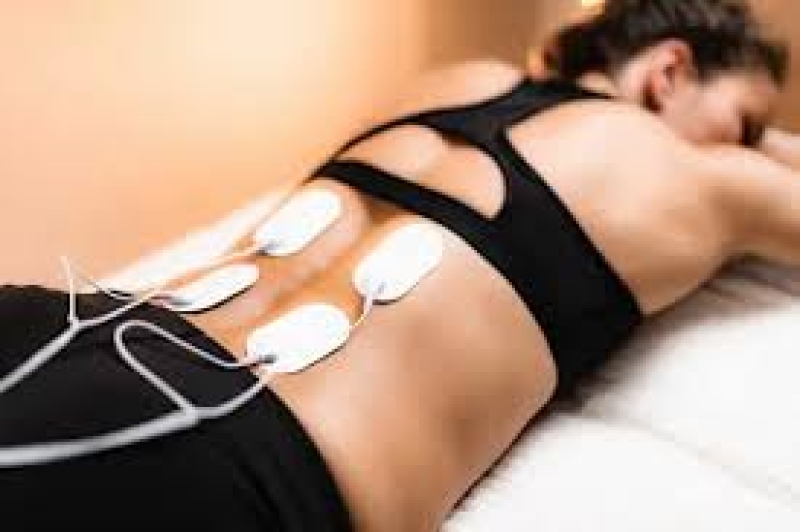- India Sees 9% Drop in Foreign Tourists as Bangladesh Visits Plunge |
- Dhaka Urges Restraint in Pakistan-Afghan War |
- Guterres Urges Action on Safe Migration Pact |
- OpenAI Raises $110B in Amazon-Led Funding |
- Puppet show enchants Children as Boi Mela comes alive on day 2 |
Tiny Device Ends Years of Agonizing Back Pain

After suffering from chronic back pain for years, a woman in Germany has found relief through a groundbreaking medical device—a "pain pacemaker" implanted in her back.
Raffaela Bauer endured constant, excruciating pain that made even simple tasks like walking, shopping, or gardening unbearable. "It felt like someone was stabbing my back with a knife and twisting it," she recalled. "I couldn't do anything. My mental health was deteriorating, and I couldn’t imagine living another 40 years in that condition."
Doctors had exhausted all conventional treatments without success. Eventually, her physician recommended she try an experimental therapy involving the implantation of a miniature neurostimulator designed to block pain signals.
In Munich, Raffaela underwent a procedure to have the state-of-the-art device—smaller than a credit card—implanted under the skin near the base of her spine. Pain specialist Dr. Andrea Prescher led the surgery, carefully positioning the thin electrode near the dorsal root ganglion of her spinal cord. “This is where pain signals travel,” explained Dr. Prescher. “By targeting the neurons responsible for transmitting those signals, we can effectively turn down the pain.”
The first stage of the procedure, placing the electrode into the spinal canal, was done under general anesthesia. Later, the external controller—similar to a smartphone—was fitted using local anesthesia. Raffaela then had to learn how to use and adjust the device in her daily life. With her feedback, the manufacturer made several fine-tuned adjustments to optimize its performance.
Now, she says the difference is life-changing.
"Gardening used to be agony, but now I can enjoy it again," said Raffaela. "I can walk my dog, go shopping, even return to work—things I once thought were impossible."
The treatment has not only restored her physical ability but has also dramatically improved her mental well-being. After years of enduring relentless pain, Raffaela is finally reclaiming her life—and sharing her story to offer hope to others.

